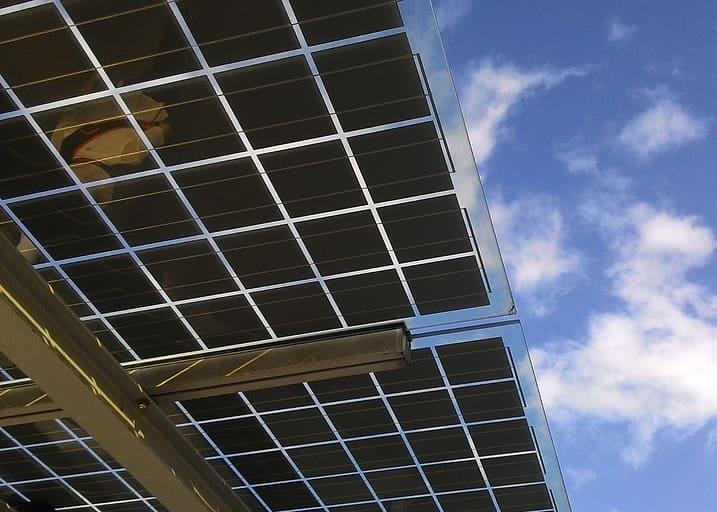
Lenders find less expensive source of funding in capital markets
Banks in the UAE are expected to spend this year focusing on raising new capital that will be used to repay government support given to them during the financial crisis.
Abu Dhabi-based First Gulf Bank said on 4 March it had repaid the UAE government funds that were offered to lenders to help shore up the banking system in the wake of the financial crisis and a rapid withdrawal of deposits from the UAE. It was the most significant repayment to the Finance Ministry so far, and is expected to be followed by more repayments over the next 12 months.
The Finance Ministry put AED70bn ($19bn) on deposit in UAE banks during the financial crisis to help stimulate lending, and in 2009, most banks converted this into tier 2 capital, which is used as a cushion against future losses.
Although some lenders have already started to take advantage of improved conditions in the UAE’s financial sector to repay the government, First Gulf Bank is the largest single repayment so far. Other banks are expected to announce further repayments this year, four years ahead of schedule, as they replace the government debt with less expensive funds raised in the capital markets.
First Gulf Bank has repaid all of the AED4.5bn it borrowed from the Finance Ministry, while other banks have made partial repayments. Last year, National Bank of Abu Dhabi repaid AED2.6bn. National Bank of Ras al-Khaimah also repaid all of the funds it received last year, although that came up to just AED684.5m.
“There is a lot of focus now across the UAE’s banks on replacing the government bonds because other sources of funding are so much cheaper,” says one banker in Abu Dhabi.
Banks will be incentivised to replace the government support since it becomes less attractive the longer they hold it. As the government support approaches maturity in 2016, lenders benefit less from it in their accounts. This year they can only use 80 per cent of its value to boost their capital. This drops by 20 percentage points a year until the 2016 maturity deadline. The price they pay for the government support is also rising. At the moment, banks are paying 5 per cent for the bonds and this will rise to 5.25 per cent next year.
While the government support funds are becoming more expensive, banks are finding that the price of raising money in the capital markets is falling. First Gulf Bank raised $650m in five-year bonds in October last year, which were priced at 2.862 per cent. Abu Dhabi Commercial Bank raised $1.5bn from the bond market in late February, including a $750m tier 2 capital raising, which will be used to replace the government bonds.
You might also like...

Neom seeks to raise funds in $1.3bn sukuk sale
19 April 2024

Saudi firm advances Neutral Zone real estate plans
19 April 2024

Algeria signs oil deal with Swedish company
19 April 2024

Masdar and Etihad plan pumped hydro project
19 April 2024
A MEED Subscription...
Subscribe or upgrade your current MEED.com package to support your strategic planning with the MENA region’s best source of business information. Proceed to our online shop below to find out more about the features in each package.




